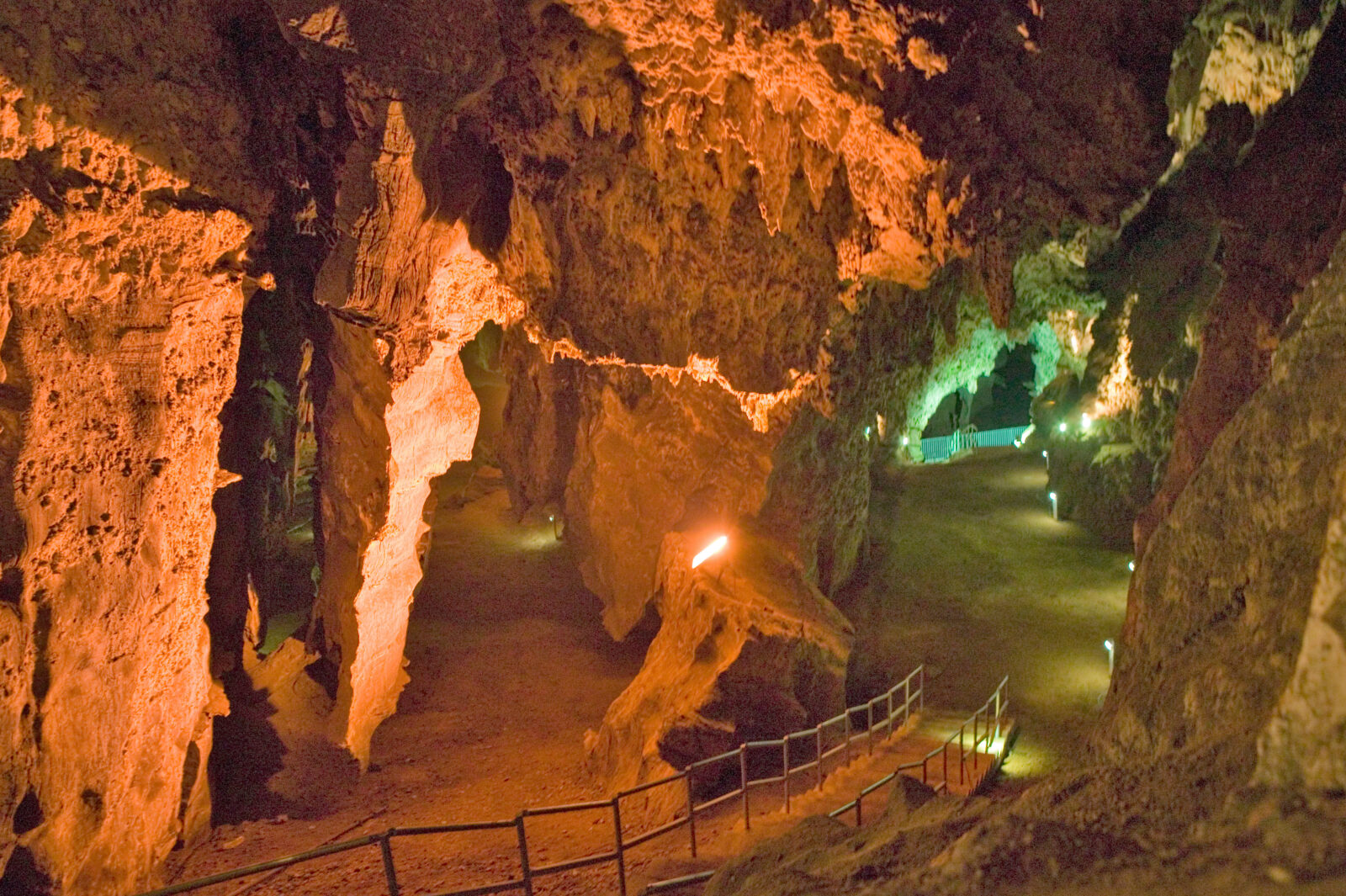
New South Africa Book Explores Evidence of Design
Today’s ID the Future spotlights a new free online ID book from South Africa, Science and Faith in Dialogue, with contributions from Stephen Meyer, Hugh Ross, Guillermo Gonzalez, James Tour, Fazale Rana, Marcos Eberlin, and others. Geologist Casey Luskin joins host Eric Anderson to tell how the new peer-reviewed book came together and to describe the chapter he contributed, “Evolutionary Models of Palaeoanthropology, Genetics, and Psychology Fail to Account for Human Origins: A Review.” Luskin did his PhD in South Africa and had many opportunities to study various hominid fossils. Here he explains why he is convinced that intelligent design far better explains the fossil evidence than does Darwinian evolution.
